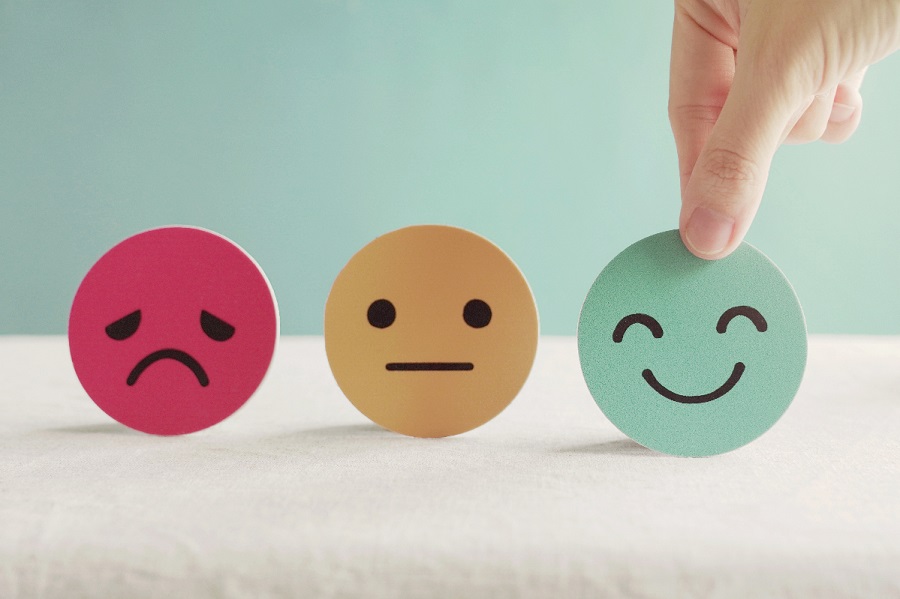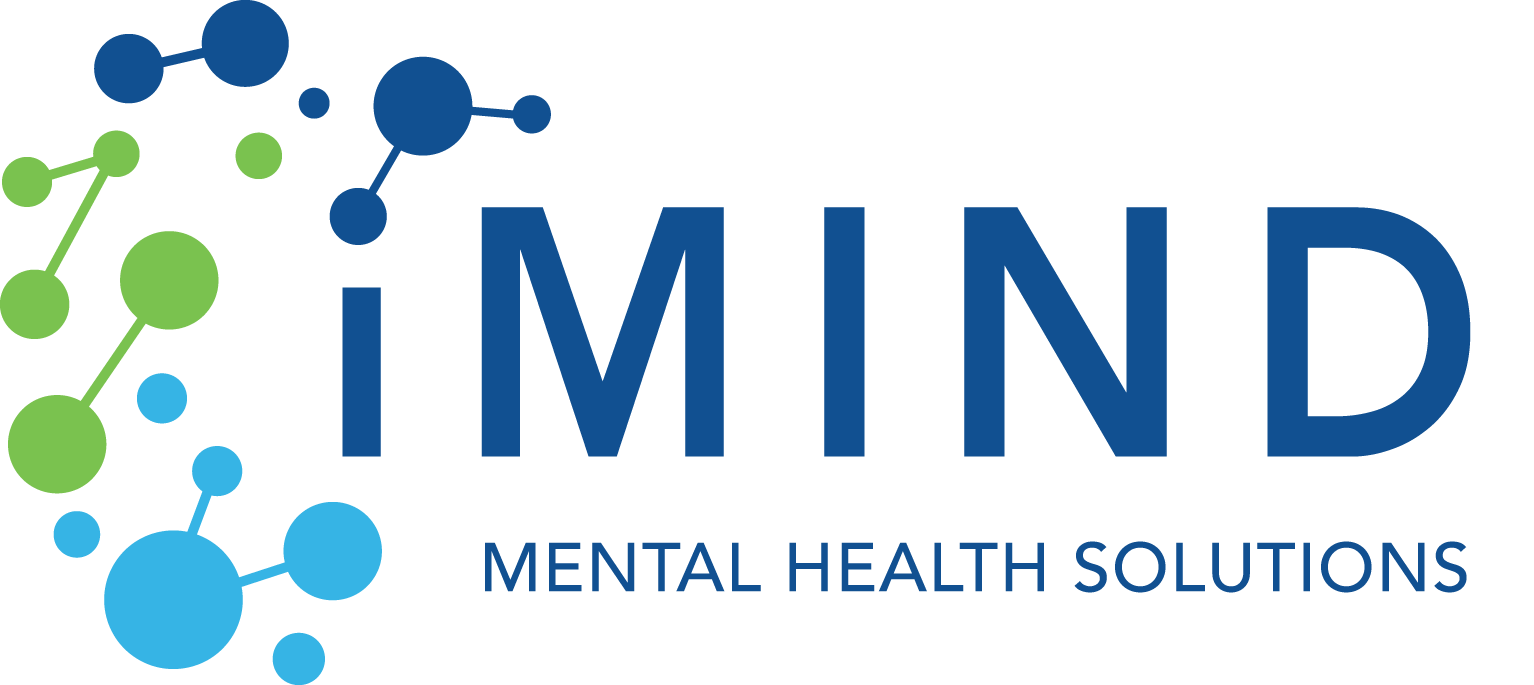Therapy vs. Psychiatry: What’s the Difference?
Published By Justin Baksh, LMHC, MCAP
August 7, 2023

The demand for mental health services is high. According to statista.com, the number of adults in the US who have received mental health treatment or counseling in the past year has steadily risen, from 27.2% in 2007 to 41.7% in 2021.
One factor in this increase has been the spotlight on mental illness and the importance of mental health care in the last several years, as well as a reduction in the stigma surrounding mental health problems. More and more people feel comfortable seeking therapy or psychiatric care… and sometimes both.
But which one is right for you?
Therapy vs. Psychiatry
Therapy and psychiatry are two essential components of mental health care. They each play a different role in helping individuals overcome a variety of challenges, from managing stress to treating severe mental disorders. Understanding the differences between them is crucial for anyone seeking to improve their mental well-being or that of someone they care about.
What is Therapy?
The umbrella term therapy encompasses psychotherapy and counseling. It is a process that aims to help individuals cope with various behavioral, psychological, and emotional issues. Trained professionals, such as therapists, psychologists, or licensed clinical social workers (LCSWs), conduct therapy sessions. They use evidence-based techniques and methods like cognitive behavioral therapy (CBT) or talk therapy to help clients explore their emotions and thoughts while fostering personal growth and developing effective coping mechanisms.
What is Psychiatry?
Psychiatry falls under the field of medicine and psychiatrists attend medical school, and then years of residency with other specialists in their field. Their work involves the prevention, diagnosis and treatment of mental health issues. They address the needs of their patients using a combination of psychotherapy, medication management, and support systems. Unlike therapists, psychiatrists have the authority to prescribe medications for those experiencing more severe symptoms or conditions that require a pharmacological approach.
Understanding The Differences
While there are some overlapping aspects of therapy and psychiatry, each plays a unique role in addressing mental health concerns. Discerning the critical differences between the two can help prospective clients make informed decisions about selecting appropriate treatment options based on their needs. Some key distinctions include:
Therapy vs. Psychiatry: 3 Key Differences
- Education & Training: Therapists typically hold master’s degrees or doctoral degrees in psychology or related fields. Psychiatrists are medical doctors who complete four years of medical school followed by a psychiatric residency.
- Treatment Methods: Therapists focus primarily on talk therapy techniques to explore underlying emotional issues. In contrast, psychiatrists concentrate on a broader spectrum of treatment options, incorporating medication management as well as newer therapies such as Transcranial Magnetic Stimulation.
- Medication Prescription: Because they are medical doctors, psychiatrists can prescribe medication for mental health conditions. They may collaborate with therapists to ensure a comprehensive and personalized care plan for their clients.
Choosing The Best Provider For You
Deciding whether to see a therapist or a psychiatrist is an crucial factor in the journey toward improved mental health. Both professionals are equipped to help with mental health issues, but they offer different approaches and treatments. The choice can seem daunting, but here are some things to consider that will help you make an informed decision.

Assessing Your Needs
When deciding between the two professions, it’s essential to assess your specific needs first. If you are struggling with everyday stressors, relationship troubles, anxiety or depression, a therapist might be best suited for your situation.
On the other hand, if you suspect that your mental health challenges might have a biological basis, such as a chemical imbalance or genetic predisposition, a psychiatrist might be a better choice.

Treatment Methods
Therapists primarily use talk therapy to help their clients work through emotional or behavioral concerns. They most often employ cognitive-behavioral therapy (CBT) or dialectical behavior therapy (DBT). They also use psychodynamic therapy, and others depending on what the client needs and prefers. Psychiatrists generally focus on prescribing and managing medications for various mental health conditions like depression, bipolar disorder, schizophrenia, and more severe cases of anxiety disorders. They may also utilize diagnostic testing to identify underlying causes of mental health issues and collaborate with therapists for comprehensive care.

Insurance Coverage & Cost
Cost plays an essential role in selecting any healthcare provider, including mental health professionals. Typically, therapists charge per session, while psychiatrists charge per medical visit (which may include medication management). Ensure that you understand your insurance coverage and any potential out-of-pocket expenses before scheduling appointments.

Time Commitment
The amount of time required for therapy may vary depending on your specific needs and objectives for treatment. For example, some types of talk therapy, like CBT, may be short[1]term (approximately twelve sessions). In contrast, psychodynamic therapy often requires a longer time commitment. If medication is the primary intervention, there may be fewer frequent visits to the psychiatrist once you have stabilized on your medication.

Availability & Accessibility
Access to therapists and psychiatrists may vary based on location. In some areas, there might be more therapists or psychiatrists available, depending on demand or specialty areas. Take into account distance to appointments and potential waiting periods when weighing your choices.
The Case for Collaborative Care
Another approach to comprehensive mental health care involves the collaboration between therapists and psychiatrists, as well as a patient’s other physicians, where appropriate. This interdisciplinary alliance offers numerous benefits that optimize treatment outcomes for patients. There are several specific advantages of such collaboration and its impact on mental health care.
1. Comprehensive Assessment and Diagnosis – The cooperation between therapists and psychiatrists enables more comprehensive evaluations and precise diagnoses of patients’ mental health conditions. Therapists bring their clinical skills into play, observing behaviors, assessing cognitive and emotional functioning, and determining underlying issues that may contribute to a patient’s presentation. Psychiatrists, with their medical background, can provide valuable insights regarding physiological factors that may be impacting an individual’s mental health. The combined expertise of both professionals enables a more precise and holistic evaluation of each patient’s needs.
2. Coordinated Treatment Planning – By working together, therapists and psychiatrists can develop cohesive treatment plans that address various aspects of a patient’s mental health condition. This integrated approach ensures that both psychological and psychiatric interventions are tailored to support each individual’s unique needs while focusing on shared goals.
3. Improved Medication Management – Collaboration between therapist and psychiatrist facilitates better management of medication prescribed for various mental health disorders such as anxiety, depression, or bipolar disorder. With regular communication between these professionals about a patient’s response to medication, progress, or side effects experienced, adjustments can be made promptly to improve treatment efficacy.
4. Enhanced Monitoring of Treatment Progress – The coordinated efforts of a therapist and psychiatrist also allow for closer monitoring of a patient’s progress during their treatment journey. Regular follow-ups by both professionals ensure that necessary adjustments are made swiftly to enhance recovery prospects.
5. Streamlined Referral Processes – An established collaboration between therapists and psychiatrists simplifies the referral process for patients who may require additional care. Patients can be referred more quickly to the appropriate services, eliminating potential delays and ensuring timely support.
6. Stigma Reduction – The collaborative approach to mental health treatment makes significant impact on reducing stigma surrounding mental illness. When diverse health care professionals combine their skills and communicate openly about mental health, it fosters a more inclusive, supportive environment for patients. This affirmative outlook helps reduce barriers to seeking help and promotes overall mental well-being.
Ultimately, the decision to choose a therapist or psychiatrist depends on personal preference and individual needs. Both professions are well-equipped to offer support for mental health issues. Consider your unique situation and goals for treatment when deciding which professional will help guide you on your journey towards improved mental health. If needed, consult with your primary care physician or other healthcare providers for recommendations based on their professional opinion and your medical history.
- Mental Health Treatment or Therapy Among American Adults 2002-2021. (n.d.). Statista. Retrieved August 4, 2023, from Statista.com






